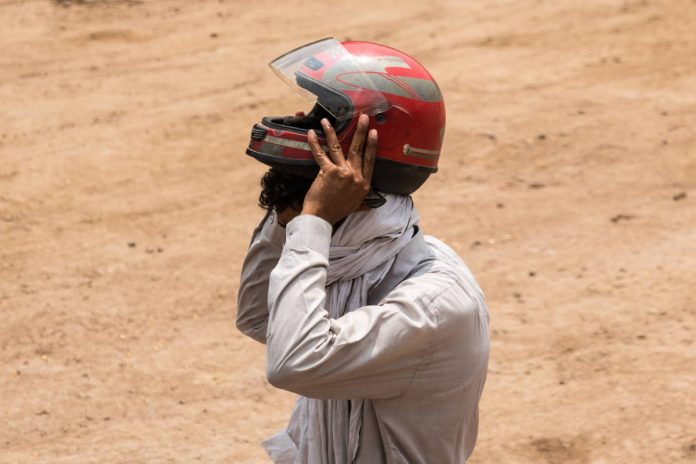In an effort to enhance road safety and reduce the incidence of motorcycle riders not wearing helmets, the traffic police in Punjab, Pakistan, have decided to substantially increase fines for this violation. This decision, made in a meeting presided over by Additional Inspector General of Police (AIG) Traffic Mirza Faran Baig, along with chief traffic officers (CTOs) and district traffic officers, will have significant implications for traffic enforcement throughout the region.
The key highlights of this decision are as follows:
- Fine Increase: The fine for motorcycle riders not wearing helmets will surge from Rs200 to Rs2,000, marking a 900% increase.
- Applicability: This enhanced fine will apply across the entire Punjab province, promoting uniform enforcement of traffic safety measures.
- Implementation in Rawalpindi: While this new fine amount will also be implemented in Rawalpindi district, a formal notification by the City Traffic Police (CTP) is awaited.
- Crackdown for Safety: The crackdown on motorcycle riders not wearing helmets is primarily aimed at saving lives and reducing head injuries in accidents.
AIG Mirza Faran Baig emphasized that this decision is a response to court orders, which mandate the imposition of a Rs2,000 fine on helmet-less motorcycle riders. Moreover, the police are also instructed to take rigorous actions against vehicles emitting excessive smoke to combat smog and environmental pollution.
To further improve road safety, AIG Mirza Faran Baig stressed the importance of stringent adherence to traffic rules, which can help prevent accidents and protect lives. He also urged the police to take positive measures to facilitate citizens in obtaining driving licenses and to expand the number of service centers and driving schools to make these services more accessible to the public. Mr. Baig emphasized that he expects a high standard of service, ensuring that citizens do not have to file complaints regarding the provision of driving licenses, demonstrating a commitment to improving the overall traffic and safety infrastructure.


